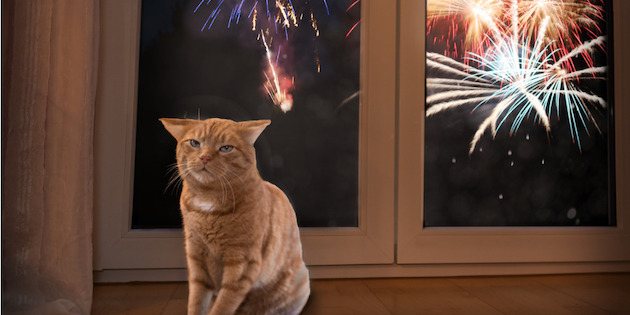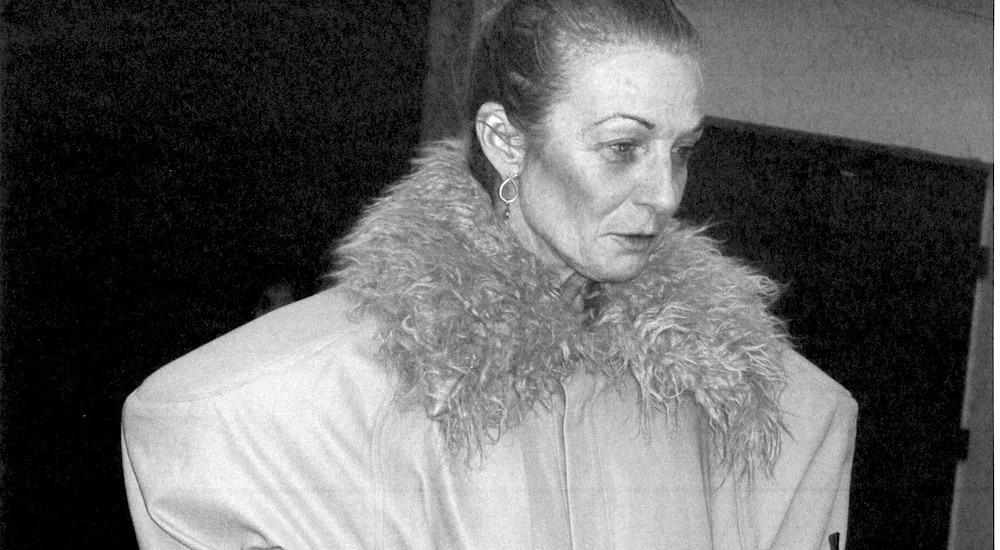Firework noise threat to hearing and pets shifts perspectives across UK on Guy Fawkes night celebration
noise pollution
The sound intensity of pyrotechnic use on and around November 5 in the UK is being strongly targeted nationwide as a cause of hearing damage to humans and distress to animals, bringing calls for time-limited, low noise displays and even outright bans.

Councillors, columnists, and concerned individuals have been filling print and online media in the run up to Guy Fawkes Night (aka Bonfire Night) with protests and advice centred on the noise produced by fireworks that can be bought in shops and that are traditionally used in home garden parties often without adequate supervision to avoid hearing damage and burns injuries. The offensive side of the celebration has prompted Plymouth Live and the Daily Echo in Southampton, among other media organs, to ask readers if fireworks should be banned outright.
Dogs suffering fits and vomiting
For many, the noise of fireworks is enough to call for their acoustic repercussions to be suppressed. Pets suffer. The Manchester Evening News reported in the run up to this 2021 Bonfire Night how a dog at a rescue centre in Salford was reported to have suffered a fit due to noise from a nearby firework display at City Airport, other dogs "cowering in corners or vomiting".
For humans, the threat of temporary or permanent hearing loss from firework noise must be taken seriously. According to the Center for Disease Control and Prevention (CDC), loud noise above 120 decibels (dB) can cause immediate harm to your ears. As such, the legal UK noise limit for a fireworks display is 120 dB, as recommended by the World Health Organisation (WHO).
Thus, the legal noise limit for fireworks is 30 dB above the level at which hearing damage can occur, the decibel rating of firework displays ranging from 120 to 160 dBA. Put in context, normal conversation is rated at 60-70 dB, lawn mowers at 90 dB, and music through headphones or at concerts, at 94 to 120 dB.
Curbing firework noise across the UK
Attempts to curb the threat of firework noise have grown in number and tone. In October, the BBC reported that Sedgemoor District Council in Somerset was calling on the government to reduce the maximum noise level of firework sold to the public, while also urging shops to stock less noisy fireworks, and residents to use fireworks quieter than 97 decibels.
To reduce noise pollution for residents and pets, Rushcliffe Borough Council in Nottinghamshire is building on its decision to call for lower volume effects at its events by encouraging residents to follow its lead in moving to lower noise fireworks for Bonfire Night. While in Milton Keynes, a hearcare director at Specsavers, audiologist Callum Biggs, has advised people to stand at least 20 metres away from firework displays and to wear either ear plugs or ear defenders if lighting fireworks themselves, reported the MK Citizen newspaper.
"Keeping a good distance from the source of the sound can lessen its negative effects. It’s also recommended that anyone putting on a display invests in hearing protection," the Citizen heard from expert Wilson, who will be joined by staff in advising people attending the town's firework display on November 5.
Silent fireworks
The Isle of Man is one UK location that will be holding its first low-noise official display. On Saturday, November 6, Alderford Lake, Whitchurch, Shropshire is staging a "sound-sensitive" firework display before its official noisy one. Towcester in Northamptonshire, and Rottingdean in Sussex will both see silent displays, while Chelmsford Council in Essex has called for a one-hour limit on resident's home firework parties.
The above are just a few examples of how the harder edges and loudness of one of the UK's most sacred commemorations – for centuries a fiery and violent expression of anti-Catholic sentiment – are gradually being softened by a health-and-safety-focused society. Whatever the history of the celebration, it can certainly be argued that no one should have to lose their hearing to commemorate the saving of the Houses of Parliament from the Gunpowder Plot.
Source: Patient/BBC news/Essex Live/Metro/WestBridgford Wire/Manchester Evening News/Three FM/MK Citizen


